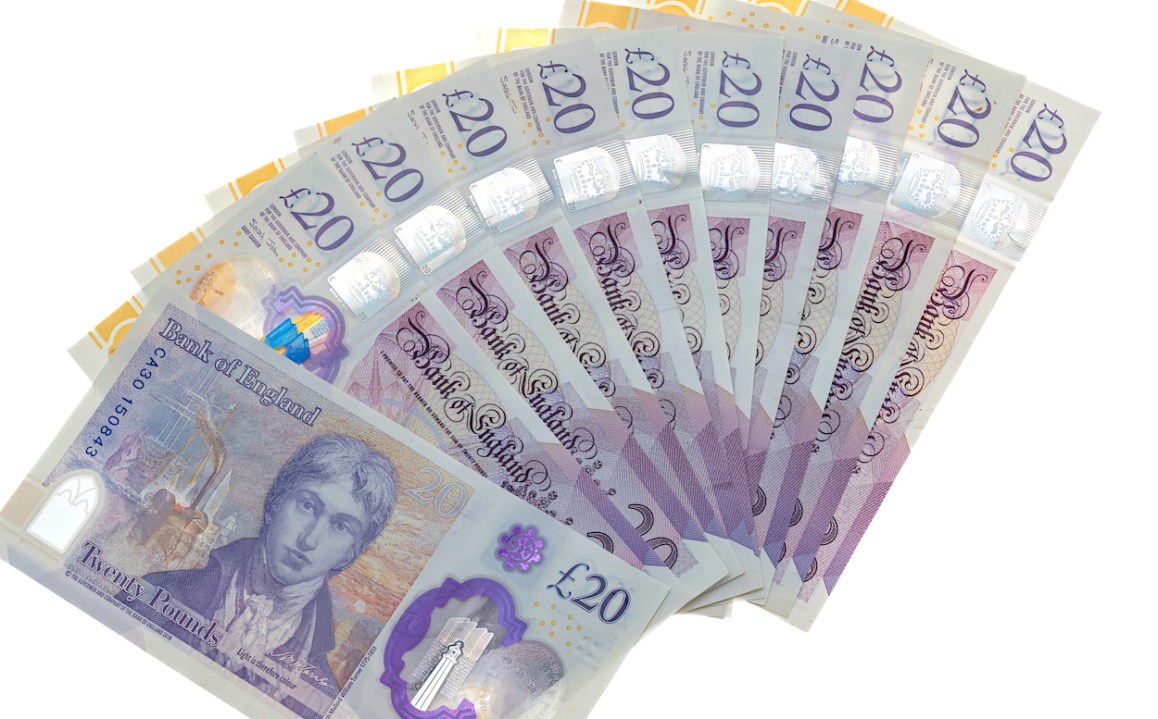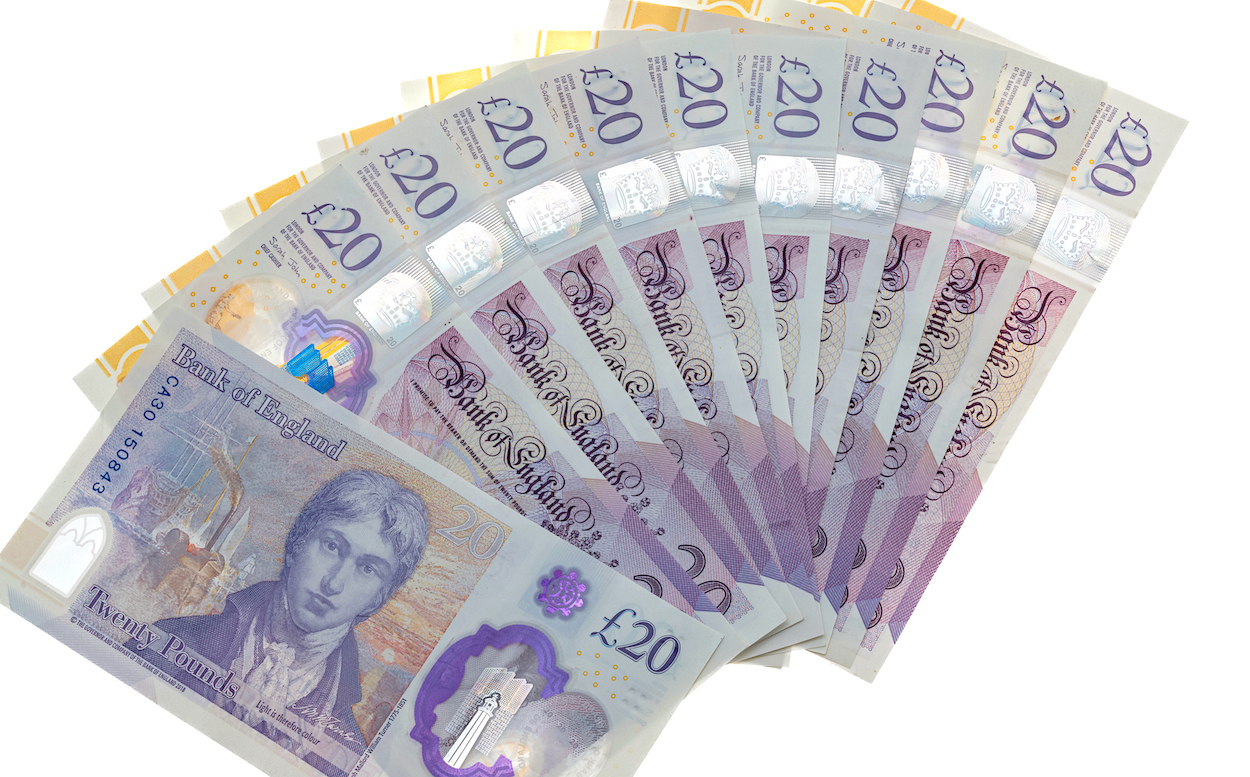The economy has stagnated, foreign investment has collapsed, the non-doms have fled and the entrepreneurs are following them. Meanwhile, Labour backbenchers are clamouring for more spending. Not much has been going right for the Chancellor Rachel Reeves. But she has a grand new plan: increase taxes on saving.
Reeves has been reduced to scrabbling around for money wherever she can find it
Reeves is expected to announce later this month that the amount that can be put into a tax-free cash Isa every year will be slashed from the current £20,000 to as little as £4,000, and perhaps even less. The decision will be dressed up as encouraging saving in stocks and shares instead, which will help to boost growth. It is hard to imagine anyone will really believe that. In reality, if people can’t put money into a cash account they probably won’t bother saving at all. After all, they already had the option of investing in equities if that is what they wanted. Even worse, you might expect an economist as brilliant as Reeves claims to be to know that banks don’t just stash the money you put in a savings account in a deep vault. They lend it out to home owners and businesses. Lowering the limit for cash Isas won’t make any difference to overall investment. It will just mean the UK has even less saving than it already does.
In reality, Reeves has been reduced to scrabbling around for tiny amounts of extra tax revenue wherever she can find it. Increasing the tax on cash savings, which is what this measure amounts to, will probably raise a little additional money. It is hard to avoid this new levy. But it will deter people from saving money, and reduce the amount available for investment. That is the last thing the British economy needs. Reeves is in an increasingly difficult position. Her tax rises in her first Budget have already backfired, and look set to raise far less than was forecast. She has lost control of public spending. And her authority has been undermined by a Prime Minister who continually caves in to demands for extra spending without worrying about where the money will come from. Sure, it might buy her a little more time. The Office for Budget Responsibility will be able to pencil in some extra cash to its forecasts But a tax on Isas is a desperate move – and one that painfully illustrates just how weak the Chancellor’s position has become.







Comments